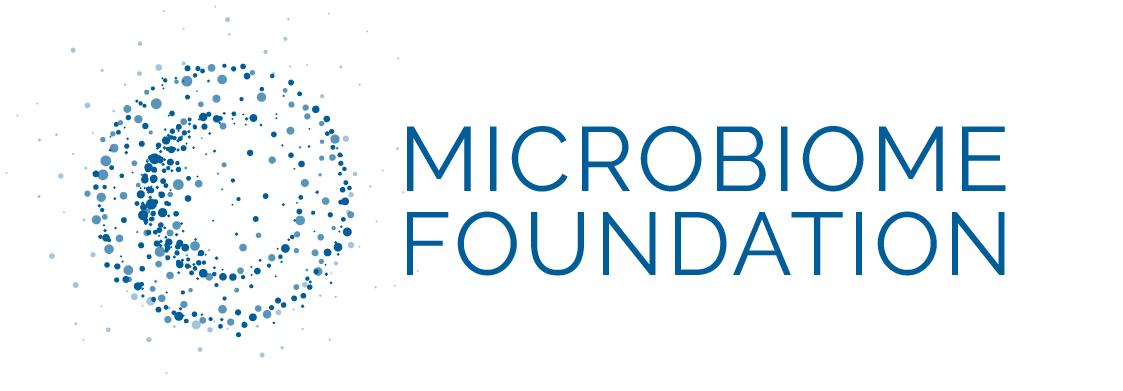In this new post-industrial era, much research is documenting the impoverishment of ecosystems, including that of our own microbiome. The consequences of this impoverishment in human health are numerous, since multiple studies associate this loss of microbial diversity with the development of many chronic diseases such as metabolic diseases, cancers and neurodegenerative diseases.
The new challenges in human medicine are therefore now focused on integrating the new variable that is the microbial composition.
The study of the interactions of the microbiota with its host, has made it possible to identify the main factors likely to act on the composition and functions of these microbes. Among the parameters identified are the food we consume and in particular the intake of various dietary fibers*, essential nutrient substrates for many of our microbes.
In a recent study published in the prestigious journal Cell, the researchers wanted to know if supplementation with dietary fiber or fermented foods could differentially modify the microbial composition and jointly influence the immune system, the keystone in the initiation and maintenance of the good dialogue between the host and its microbes. To do this, they asked healthy adult volunteers to consume for 14 weeks a diet enriched with fiber or a diet enriched with fermented products*. Follow-ups before, during and after this nutritional intervention have shown that these two types of supplementation have a beneficial impact on individuals’ microbiomes but in different ways.
People who doubled their dietary fiber intake did not see a change in their microbial diversity, but some microbial functions were altered. Indeed, their enzymatic capacity to assemble or degrade complex sugars and polysaccharides or CAZymes (Carbohydrate-active enzymes), has increased significantly, a result consistent with what has already been observed during fiber supplementation.
The other group supplemented with fermented products saw its microbial diversity increase significantly. The precise study of the identity of the newly installed microbes suggests that the consumption of fermented products induces, after several weeks of supplementation, the establishment of a new microbial ecosystem, independent of the microbes present in the fermented products. This beneficial effect may have been associated with a decrease in circulating markers of inflammation such as cytokine IL-6, involved in various chronic pathologies.
Analysis of all the data collected showed that the abundance of microbial CAZyme activities is associated with a lower concentration of inflammatory protein markers in the host. Monitoring microbial CAZyme activities in combination with monitoring inflammatory markers could then make it possible to evaluate the effectiveness of a nutritional intervention on the restoration of beneficial interactions between the host and its microbes.
These very encouraging results need to be replicated on larger cohorts and do not allow to conclude for situations where patients suffer from established chronic diseases. Nevertheless, they illustrate the strong propensity of the microbiome to be modified by a diet, opening up prospects for both prevention and therapies combining certain nutritional contributions as a lever that can benefit host-immune system relationships.
*dietary fiber: foods derived from the structuring parts of plants and which cannot be completely degraded by human digestive enzymes. In this study the intake of dietary fiber was in the form of fruits, vegetables, seeds, nuts etc.
*fermented products: foods fermented by the action of microorganisms (yeasts, fungi, bacteria, molds) transforming the water and sugar of the food into either alcohol or acid. In this study, only non-alcoholic fermented foods were given to participants (yogurt, cheese, kefir, cottage cheese, kombucha, kimchi, lactofermented vegetables, etc.)
Sources
“Gut-microbiota targeted diets modulate human immune status” Wastyk et al. Cell 184, 4137–4153, August 5, 2021, https://doi.org/10.1016/j.cell.2021.06.019
Author

Emelyne Lecuyer


